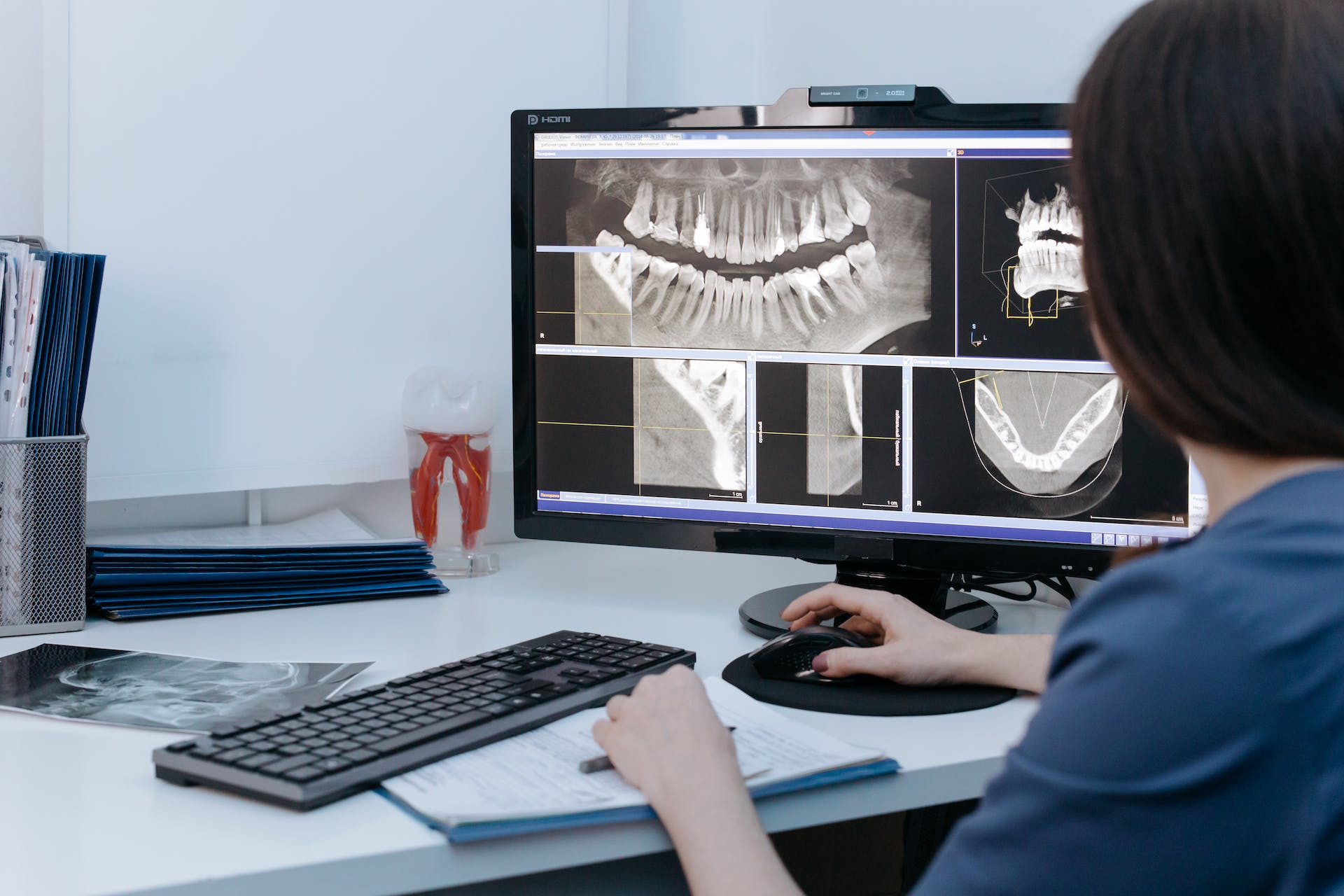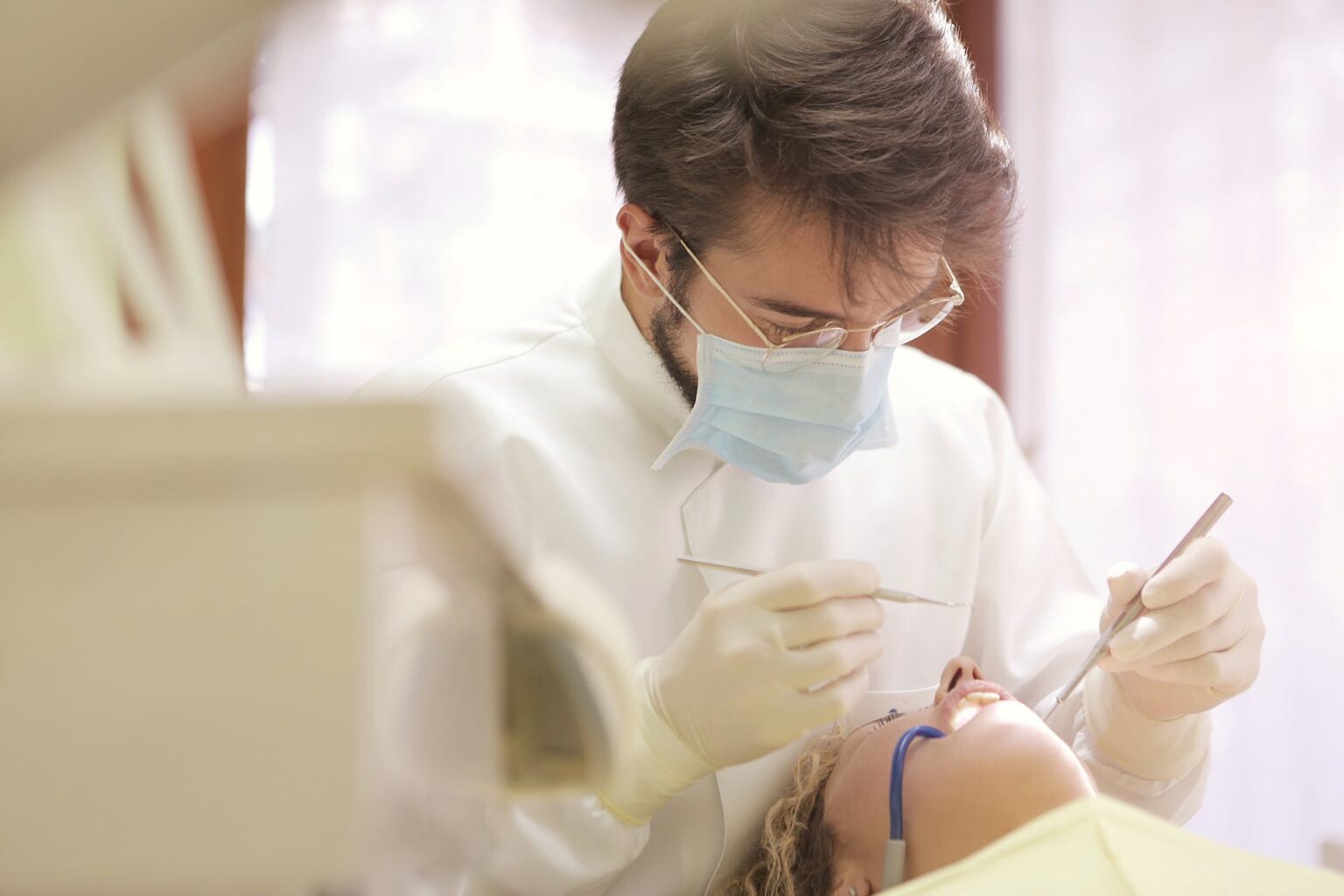Maintaining optimal oral health is a cornerstone of overall well-being, and tooth decay is one of the most prevalent health issues. It’s crucial to comprehend the various types of tooth decay and, equally importantly, to grasp effective preventive measures. According to the Centers for Disease Control and Prevention, more than 1 in 4 adults in the United States suffer from untreated tooth decay.
Keep reading to understand the different types of tooth decay, explore their causes, and how you can adopt practical strategies to keep your smile radiant and healthy.
What is Tooth Decay?
Tooth decay, also called dental caries or cavities, is a dental ailment that occurs when bacteria in the mouth produce acids that erode the enamel of the teeth. Enamel is the protective outer layer of the teeth, which can deteriorate over time, leading to cavities and other dental issues. Understanding the types of tooth decay is essential for learning how to prevent tooth decay and maintaining optimal oral health.
Types of Tooth Decay
Coronal Decay
Among the four types of tooth decay is Coronal decay (crown decay), the most prevalent. It occurs on the chewing surfaces or between teeth and is often associated with plaque accumulation.
The primary cause of coronal decay is the buildup of plaque, a sticky film of bacteria that forms on teeth. For individuals whose diets are rich in sugars and carbohydrates, it can contribute to the production of acids by bacteria in the mouth, accelerating enamel erosion.
If you are looking at how to prevent tooth decay, limiting the intake of sugary foods and beverages minimizes the production of acids contributing to decay. Maintaining a consistent oral hygiene routine, including brushing twice daily and flossing, helps remove plaque and prevents coronal decay.
Root Decay
Root decay occurs on the root surfaces of the teeth, typically when the gums recede, exposing the tooth roots. This condition is more common in older adults. Receding gums reveal the tooth roots, making them more susceptible to decay. Unlike the tooth crown, the roots lack the protective enamel layer, making them vulnerable to decay.
Most types of tooth decay can be detected through routine dental checkups, which can also enable early intervention to prevent the progression of root decay. Using fluoride toothpaste or receiving professional fluoride treatments strengthens tooth enamel, providing additional protection against decay.
Recurrent Decay
Recurrent decay (secondary or recurrent caries) is a type of tooth decay that occurs around existing dental restorations, such as fillings or crowns. Plaque can accumulate around dental restorations, leading to recurrent decay. It can also happen if a dental restoration does not fit properly. It can create gaps where bacteria can accumulate. Like many other types of tooth decay, ensuring dental restorations are high quality and adequately equipped reduces the risk of recurrent decay.
Smooth Surface Decay
Smooth surface decay occurs on the flat surfaces of the teeth, where there are no natural pits or fissures. It progresses slowly but can still lead to significant damage if left untreated. Plaque can accumulate on smooth tooth surfaces, initiating the decay process. Neglecting proper oral hygiene practices allows plaque to remain on the tooth surfaces, promoting decay. Professional dental cleanings help remove plaque and prevent the development of different types of tooth decay.
How to Prevent Tooth Decay
Maintaining a Consistent Oral Hygiene Routine
Consistency is vital when it comes to having good dental hygiene, and that means solidifying a routine as soon as possible to prevent different types of tooth decay. It takes 21 days to make a habit, so remember to practice this without any breaks until it becomes a permanent fixture of your daily life.
- Brushing: Brush your teeth at least twice a day using fluoride toothpaste. Use a soft-bristled toothbrush and pay attention to all tooth surfaces.
- Flossing: Floss daily to remove plaque and food particles from between teeth where your toothbrush may not reach.
Follow a Balanced Diet

Understanding that what you eat can ultimately impact not just your dental health but overall health is critical to making lasting lifestyle changes.
- Balanced Nutrition: Consume a balanced diet rich in fruits, vegetables, dairy products, and lean proteins to support overall health, including oral health.
- Limit Sugary Snacks and Beverages: Reduce the consumption of sugary snacks and beverages, as they contribute to producing acids that erode enamel.
Get Regular Dental Check-ups
Many people believe that seeking a dentist’s opinion is only necessary when you suffer from tooth decay or any other problem. However, it’s best to take preventative measures, as remedying dental pain can often be more time-consuming, costly, and uncomfortable.
- Routine Examinations: Schedule regular dental checkups, typically every six months, to detect and address potential dental issues early on.
- Professional Cleanings: Professional dental cleanings help remove plaque and tartar, preventing cavities.
Opt for Dental Sealants
When you wonder how to prevent tooth decay, dental sealants are ideal. Dental sealants are thin, protective coatings applied to the chewing surfaces of molars and premolars to prevent corrosion. Sealants create a barrier against bacteria and acids, reducing the risk of cavities in the vulnerable pits and fissures of the teeth.
Use Fluoride Dental Products
Use fluoride toothpaste to strengthen enamel and protect against decay. Consider professional fluoride treatments, especially if you are at a higher risk of developing cavities. Discuss with your dentist before buying strong fluoride treatments.
Understanding the types of tooth decay and implementing effective preventive measures are essential components of maintaining optimal oral health. By adopting a proactive approach to oral care, including regular dental checkups, a balanced diet, and a thorough oral hygiene routine, you can protect your teeth from the adverse effects of decay. It’s not just about the different types of tooth decay that you should worry about. It’s about cavities, periodontitis, and many other oral issues that can crop up when you’re not properly caring for your oral hygiene.
Preventing Tooth Decay with Definitive Dental
By the age of 8, about 52% of children have experienced a cavity in their primary teeth, as the Centers for Disease Control and Prevention states. Learning about what can cause cavities and different types of tooth decay is critical to prevention. Remember, a healthy smile contributes not only to your overall well-being but also to your confidence and quality of life. Prioritize your oral health today for a brighter, cavity-free tomorrow.
Book an appointment with Definitive Dental today to understand how to prevent tooth decay and what steps you must take to ensure sound oral health for you and your family.










